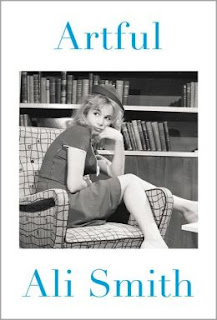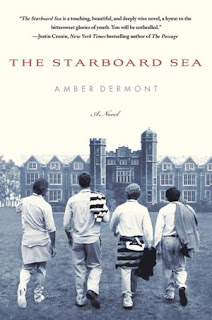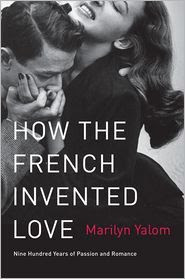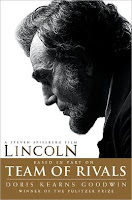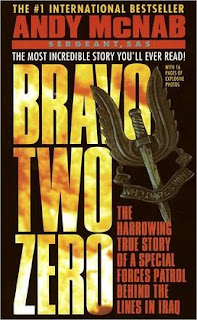His new novel is The Midwife's Tale.
From his Q & A at The Fiction Reboot:
On your webpage you say The Midwife’s Tale was inspired by a real midwife named Bridget Hodgson. What made you decide to take on this particular figure? Were there any challenges in translating her story into the mystery format?View the trailer for The Midwife’s Tale, and learn more about the book and author at Sam Thomas's website, blog, and Facebook page.
I chose Bridget because the historical Bridget was so freaking awesome. She was a rich and powerful woman, who clearly had a high opinion of herself. She was kind enough to remember her godchildren in her will, but prideful enough to give all her god-daughters the name “Bridget” after herself. (She also named her own daughter “Bridget.”)
The last thing you want in a protagonist is someone who won’t speak truth to power, and it seemed pretty clear that Bridget would do that.
The translation was not terribly difficult because there is so much I didn’t know about her. I had perhaps a half dozen references to her, scattered over forty years. That gave me a lot of room with which to work. And because midwives were so integral to crime and punishment, she made for ...[read on]
My Book, The Movie: The Midwife’s Tale.
The Page 69 Test: The Midwife's Tale.
Writers Read: Sam Thomas.
--Marshal Zeringue




